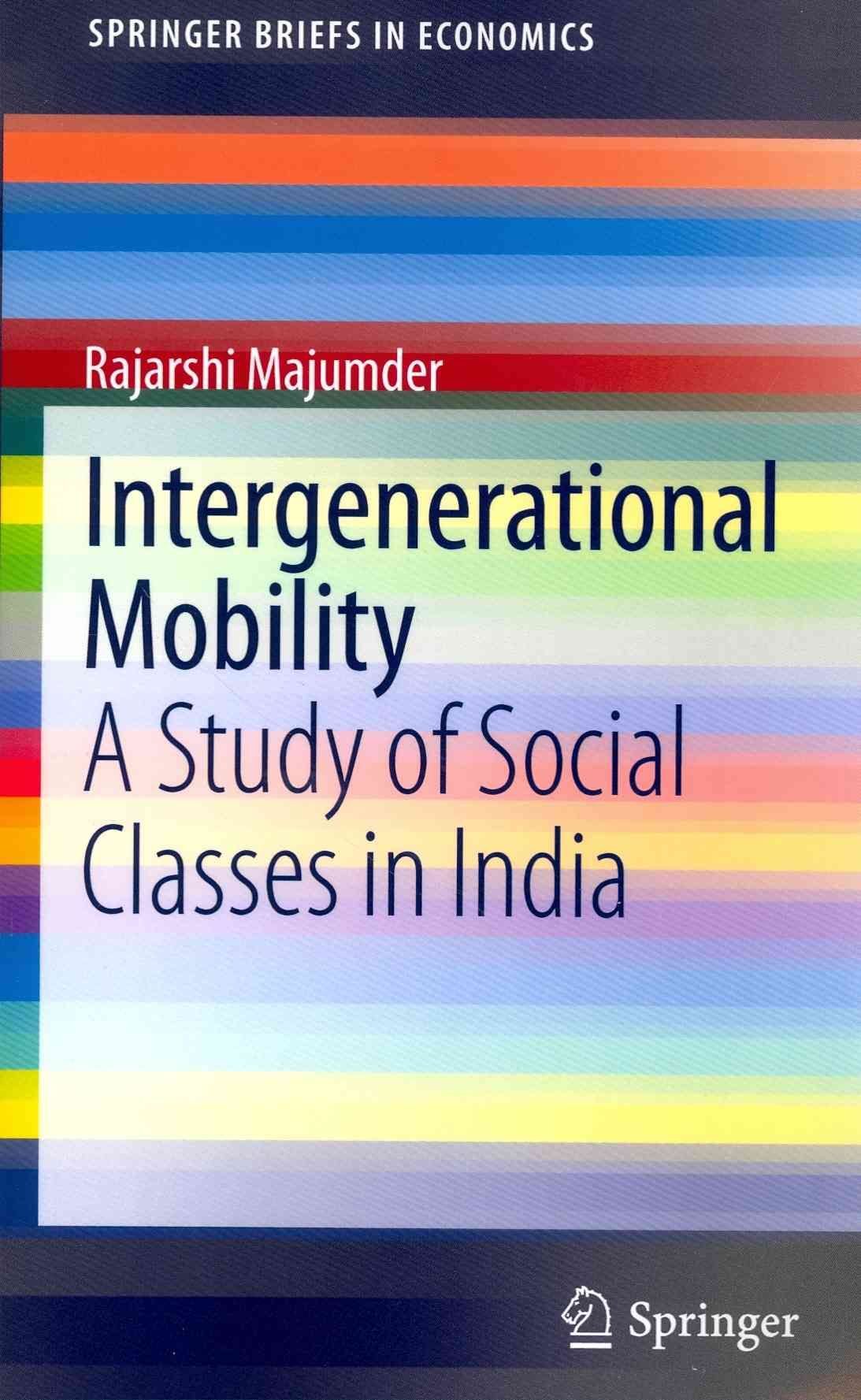This volume addresses the family situation in Japan and Germany. Gender-segregated labor markets and precarious employment patterns bear detrimental consequences for the socioeconomic capacity to maintain family households and to have children. By applying a gender-sensitive approach, this volume’s focus is on the impact of family law, family policy , and family support measures. Scholars from Japan and Germany examine differences and characteristics of social security legislation, intergenerational support systems, single-parent families, inequality among households and poverty situations, local domestic and care service provision, female labor market participation, parental leave systems, organization of child care, domestic violence, historical developments of housework as an institution, and labor market policies.












